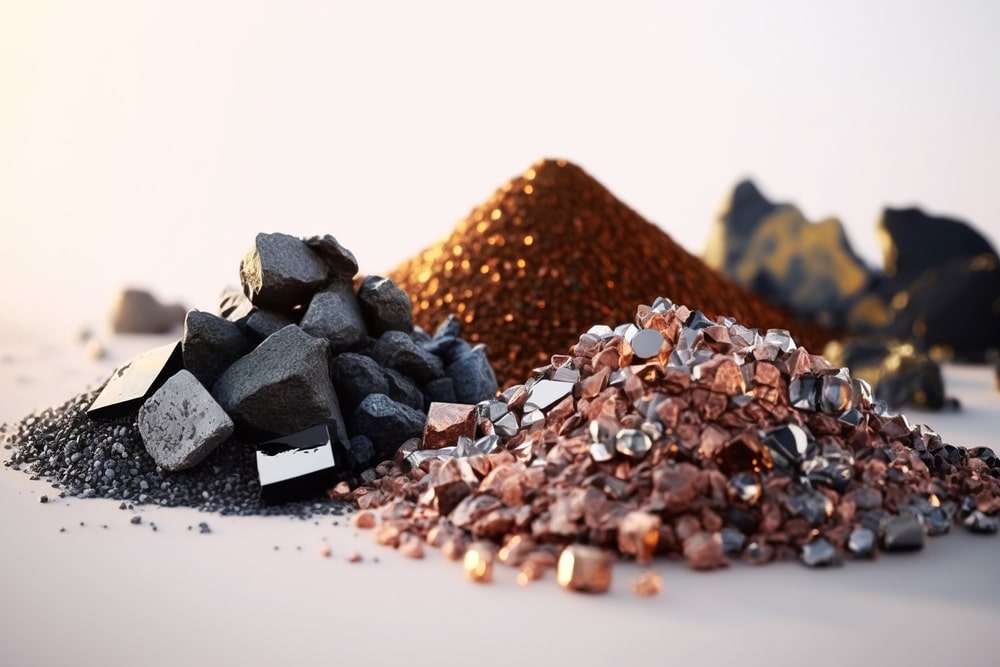
Leading commodity traders are betting heavily on metals such as copper, nickel, iron, steel and aluminum, due to their critical importance in achieving the energy transition away from fossil fuels towards cleaner energy.
The critical infrastructure required to help achieve this transition, such as rechargeable battery usage and greater use of electricity grids, require these metals, many of which are currently in short supply.
Supply from new and existing mines to produce these metals is unlikely to keep pace with demand, according to a new report by McKinsey. By 2035, there will be an expected 10 % to 20% shortfall in copper supply, and a 30% to 40% drop in lithium supply along with other rare earth elements.
Many of these metals are also popular items carried in shipping containers to their ultimate trading destinations. In 2024, the Iron & Steel trade was valued at $731 billion, while copper trade, both refined and ore, was valued at $603 billion and aluminum trade was $384 billion, according to Russell Group analysis.
Large traders are expanding their metals desks or acquiring trading houses with expertise in metals, with a view to building up their expertise to be in a competitive position, if the market is hit by supply chain disruption, thereby creating swings in the price of the metals. In this scenario, traders can leverage their expertise to trade the metals at a significant profit.
A similar scenario occurred in the energy market in the aftermath of Russia’s invasion of Ukraine in 2022, which forced a reshape of energy supply chains, helping traders to high levels of profits.
“They are going where the volatility will be,” says Jean-Francois Lambert, founder and managing partner of Lambert Commodities, said to Global Trade Review.
“The angle is: give me volatility, and I give you an ability to create profits. That’s why they are acquiring all these teams. They will bring a different set of expertise.”
“But this move is not to cater for immediate volatility. It’s taking a more strategic perspective. I need to build my teams now, because the minute there is volatility, if I don’t already have the ability to respond and take advantage, I’m out.”